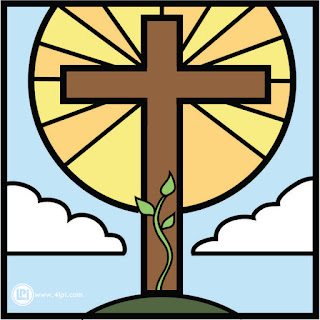How about the condition of faith in Him? They have the spirit of faith and the purpose of righteousness; that is, the disposition to trust in the object of faith, the historical Christ, were He revealed to them in the Gospel, and a willingness to walk by the revealed law of God were it made known to them.
What is your Scriptural authority? Jesus Christ intimates that the judgment day will proceed by the use of a sliding scale. Where much is given much will be required; where little is given little will be required. St. Paul declares: 'There is no respect of persons with God. For as many as have sinned without the written law will be judged by the law written on their hearts.' Peter looking upon a group of God-fearing heathen at the headquarters of Brigadier General Cornelius, declared: 'Of a truth I perceive that God is no respecter of persons, but in every nation he that feareth Him and worketh righteousness is accepted with Him.'
'Many shall come from the east and the west, and shall sit down with Abraham and Isaac and Jacob in the kingdom of heaven.'
Mr. Joseph Cook, who defends the rectoral theory, advocates the doctrine of salvation by possessing the essential Christ where the historical Christ is unknown. The essential Christ is an obedient attitude of the will toward 'the eternal Ideal required by self-evident truths, which has in Christ, and in Him only, become the historically Real.'
In the last day the Judge will say, 'Come, ye blessed,' not only to those who have enthroned the historical Christ in their hearts, but also to those who have exhibited towards His brethren, any forlorn man, the spirit of love, the essential element in the character of Christ — 'Inasmuch as ye did it unto one of the least of these, My brethren, ye did it unto Me.' The standard is so low as to be applicable to all who know the distinction between right and wrong. The rectoral theory of the atonement needs no probation after death.
What effect does this have on the missionary motive? None. That word stands in full force — 'Go ye and teach all nations.' While the pagan can be saved without a knowledge of Christ, the Christian cannot be saved while selfishly withholding that knowledge. I believe it is easier for God to save a pagan without the Bible in Bombay than it is to save a professed Christian in Boston without a disposition to send him a Bible; in other words, without a missionary spirit. I repudiate the doctrine of geographical election and reprobation expressed in the saying, 'To exchange cradles would be to exchange destinies.'"


.jpg)



.png)

.jpg)